Gold Nugget Prospecting Tips
Gold Nugget Prospecting , The use of metal detectors to find gold nuggets is something that’s relatively new. In the early days of gold prospecting, everything was done with basic tools like pans and pickaxes. While traditional pans are still arguably the easiest and most effective tool used to find gold, technological breakthroughs and advancements with metal detectors has opened up a new whole new realm of possibilities for the hopeful prospector.
If you’re looking for a fun and exciting alternative to panning, you should try metal detecting for gold. As long as you follow some basic steps and know how to use your new equipment, you shouldn’t have a problem finding gold with your metal detector.
Find out where they used to find gold. The best way to start prospecting for gold is to check out the areas which were or still are considered gold-bearing ones. Look for old mines, rivers, and lakes, where gold miners would work some time ago and this will definitely boost your chances of success.
Start studying geology. Investigate geological data about the site where you want to go detecting gold nuggets. You have to learn what kind of subsurface rocks appear around the places where gold can be found. These are three most important types of minerals, which should attract your attention in the first place – granite, shale rock and gneiss (quartz, feldspar). These three types of rocks are encountered in most sites where gold nugget are found.
Learn to look for signs of gold mining. These were left by gold miners earlier (mine dumps, rock-blocks left in some completely wrong place, mines, hole, and pits in the ground etc.). When searching for gold in rivers you are more likely to find it deep in natural pits on their bottom, somewhere in its inner turns and in rock cracks as well.
The Internet may help you with finding the sites where to go gold nugget hunting. Google maps is a very convenient tool to search for old gold mines and other areas which you’d like to visit with your metal detector.
Study old reports, statistics, old newspapers during inter-season. Be ready to go on a hike for several days. This may appear to be the best way to find some new gold deposits in distant regions. When looking through maps search for geographical names that have “gold” or “golden” in them: for example, Golden river, Golden stream, Gold nugget etc. It may sound stupid from the first sight, however sometimes it happens that these are the places where gold mining used to be popular long ago.
Go treasure hunting with a partner, a friend or someone from your family. This way you’ll double your chances of finding a treasure and you’ll have somebody to help you in case of emergency situations (like breaking a leg etc.) Take proper equipment (auxiliary batteries, a spare set of clothes, quality boots, repellent, good backpack, a pan, a spaddle, a spade etc.)
Pan gold dust in streams using specialized pens , which is blue colored and gold grains are very clearly seen due to this, as well as its grooved surface ensures that gold pieces stay in the pan.
Gold sand and gravel panning should be done properly. Don’t overload your pan. Empty the pan after stirring the water in it, but don’t just slop over the water, you should carefully pour it out over the grooved edge of the pan. The whole process should be performed slowly and thoroughly.
Find out or make an assumption where usually the fish rests in a river or a stream. As a rule, gold sinks out in low-pressure zones, on inner turns of streams and rivers, behind large boulders, in small pits with slow water flow. These are the places where the fish likes resting. Therefore, if you know where they are in the river, it means that you have possibly found areas where gold nugget may be encountered.
Find out where old rivers used to flow long ago. You may recognize these places by the specific rounded shape of stones and pebbles. Study the shape of gold nuggets you have found. It may indicate where it has originated. If you are holding smooth waterworn gold nugget, probably they spent a lot of time in water and get here from faraway places. Therefore, you might find more gold upstream. However, a coarse textured gold nugget will “tell” you that you should dig right here.
Look for quartz. Clear, white quartz, as a rule, attracts less attention than “iron stained” muddy quartz. Moreover, quite often gold is found where iron is. Go for gold prospecting trip after a flood. Heavy rains also cause soil erosion and gold is washed away into rivers and streams.
Learn to see between gold and other sparkling minerals – for example, pyrites which is also called fool’s gold (it leaves a black trace on a stone if you scratch it).
Don’t consider gold prospecting as your main job. Even professional gold miners work from season to season – only in summer, for instance. You can create your own gold prospecting company by gathering a team of gold miners and getting an official license.
Don’t tell anyone about your findings till you search the current area completely. Don’t listen to «couch-based experts». Trust only real and true gold miners, those who’s spent years doing it.
It’s not easy to find gold. You may not find any gold at all for days and weeks even in rich placer deposits. This may be disappointing and depressing, so many beginners leave the idea at this stage. So, what I’m saying is – be strong, single-minded and stubborn! Hard work is a key to success when you are going gold prospecting.

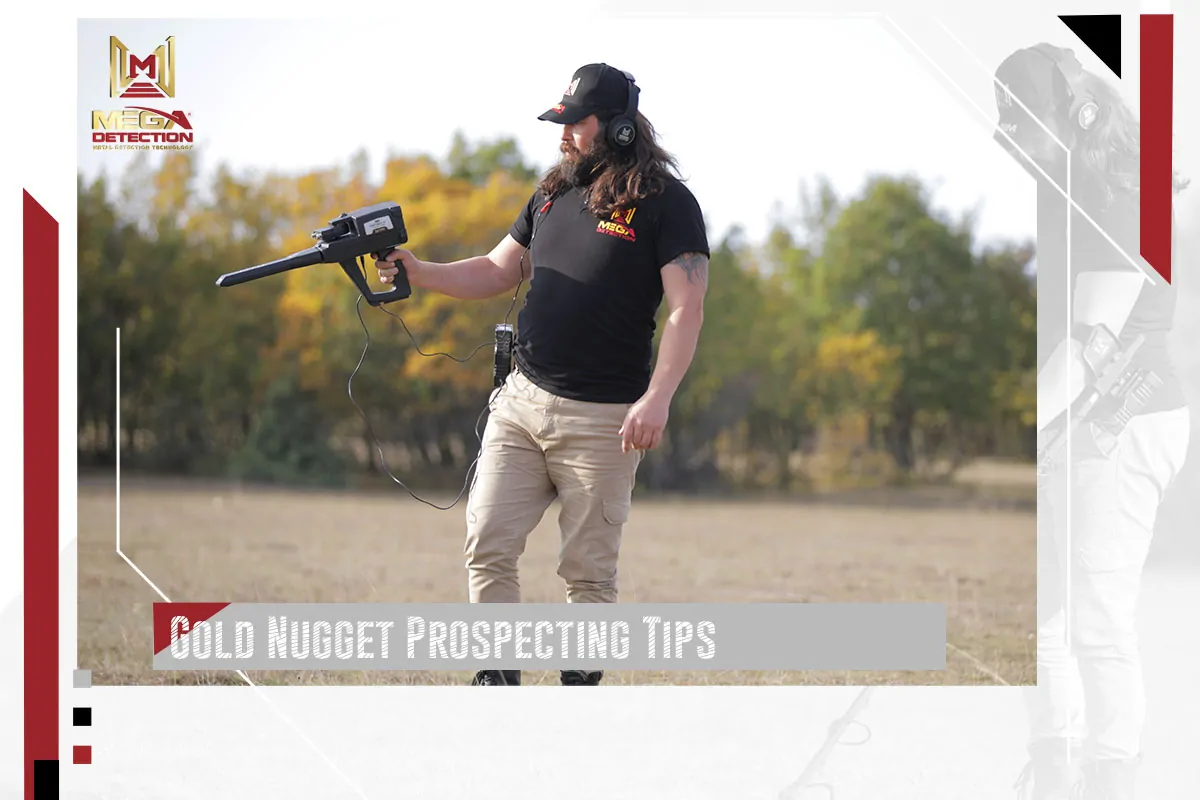
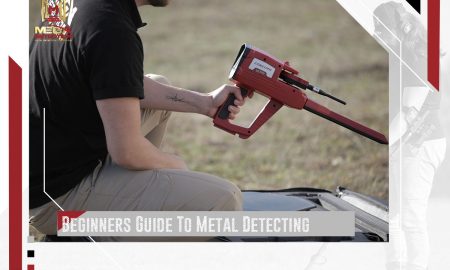

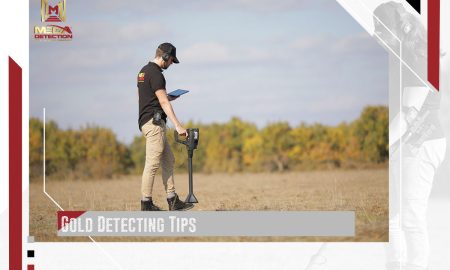
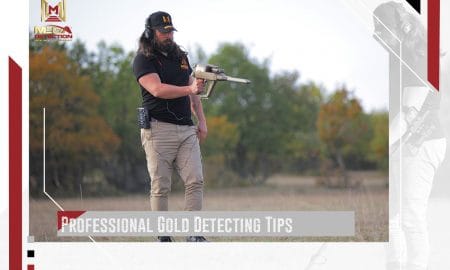


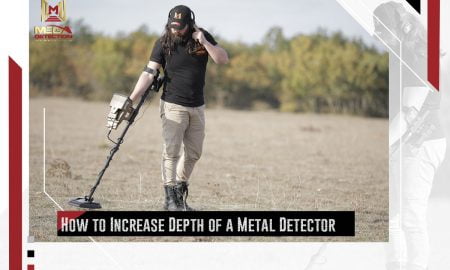

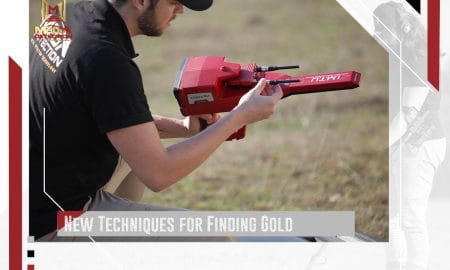
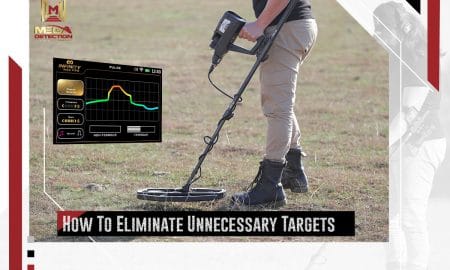
Leave a Reply